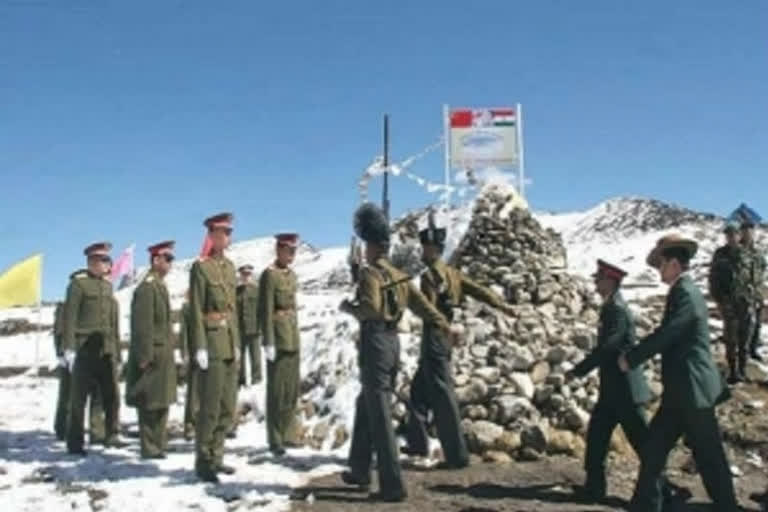New Delhi: Not just rage, obstinacy, deception but also sympathetic understanding, honesty … various shades of emotions have found expression during the 12 rounds of senior commander level talks till now between India and China to break the logjam in the border between the two Asian giants up yonder from eastern Ladakh.
While ‘helplessness’ may not have been visibly articulated but it may be the dominant emotion running through the officials of both sides—for both have been delegated to resolve something for which they clearly do not have the mandate.
This is notwithstanding the fact that the delegations on both sides comprise the commander of the Leh-based 14 Corps, commander of the PLA’s South Xinjiang Military District, senior diplomats, and others and one that follows progress on other parallel mechanisms like the Working Mechanism for Consultation and Coordination on India-China Border Affairs (WMCC).
The entire gamut of the talks with China is decided by the China Study Group (CSG), a high-level group headed by the National Security Advisor with the cabinet secretary, home secretary, foreign secretary, defence secretary, vice-chiefs of the Army, Navy and IAF, and the chiefs of the Intelligence Bureau (IB) and Research and Analysis Wing (RAW) as members.
It is only after the agenda is cleared that the military takes over at the ground level to negotiate and take stock of what has been executed.
Also read:India presses for early disengagement in Hot Springs, Gogra and other friction points during military talks with China
The ongoing mechanism of commander-level talks has been instituted to resolve the ongoing standoff which has arisen because of perceptional differences of where the border lies. But the negotiating military and bureaucratic brass with the primary mandate to ‘disengage and de-escalate’ will be able to resolve issues only when there is an agreement of a common border.
The Chinese demand a restoration of territories on the basis of a 1959 claim line, a line that was first proposed by former Chinese PM Chou el-Lai and was turned down by his Indian counterpart Jawaharlal Nehru.
But when there is no agreement on a common border, the talks begin with a wrong premise and nothing substantial will be achieved. If anything, the 12 rounds of talks indicate that the border impasse can be cracked only by the India and China political leaderships of the day.
The bright part is that both countries have strong pro-nationalists governments—with leaders like Narendra Modi and Xi Jinping at the helm—putting them in a far stronger position than any of their predecessors to resolve the longstanding issue.
The complex aspect is that it is no more a mere border issue between two countries. It has become a strategic realm now that has caught the interest and fancy of big powers. That makes the resolution difficult to come by, unless the top political leadership is involved.
The latest round of talks was held on Saturday (July 31, 2021) at Chushul near the Line of Actual Control (LAC) that had followed up on the meeting of India’s foreign minister with his Chinese counterpart on July 14 in Dushanbe and the WMCC meeting on June 25.
Also read:Indian Army's counter-terrorism division deployed to tackle China on Ladakh front
The earlier eleven rounds of commander level talks were held on April 9, June 6, June 22, June 30, July 14, August 2, September 21, October 12, November 6, January 24 and February 20.
Expectedly, a tepid joint statement said on Monday: “The two sides noted that this round of meeting was constructive, which further enhanced mutual understanding. They agreed to resolve these remaining issues in an expeditious manner in accordance with the existing agreements and protocols and maintain the momentum of dialogue and negotiations”.
